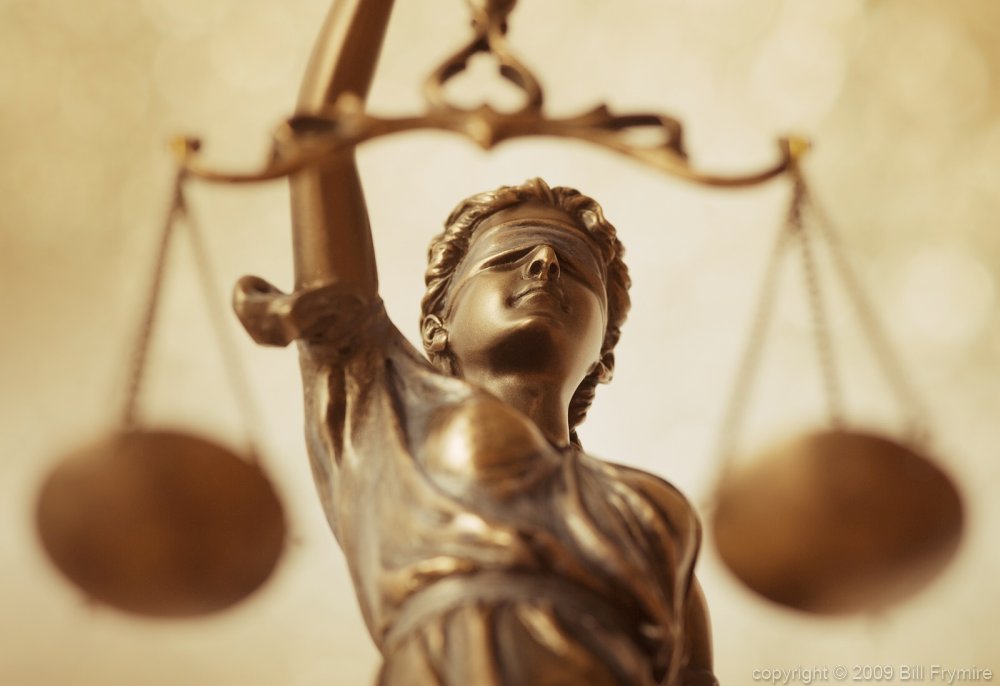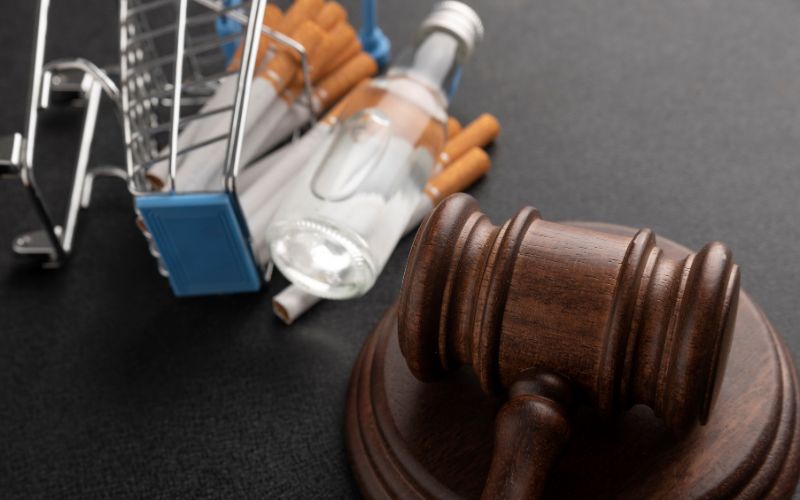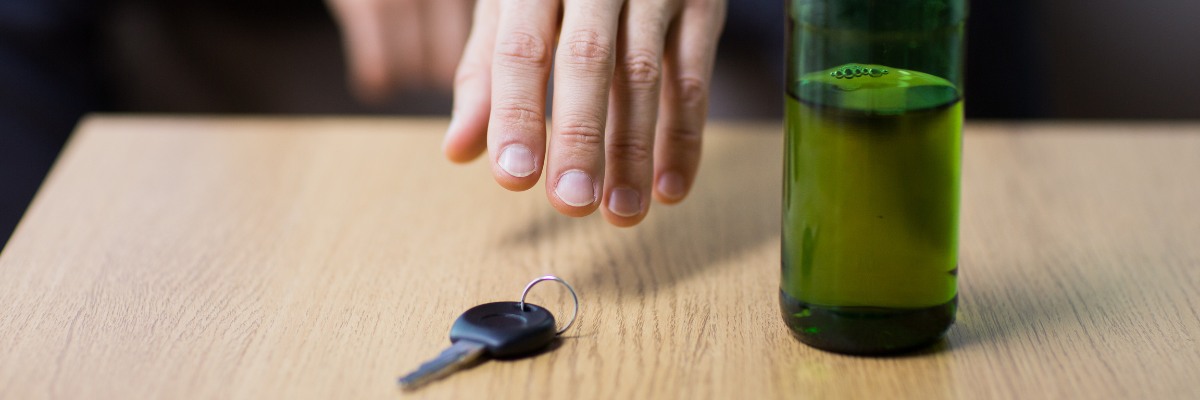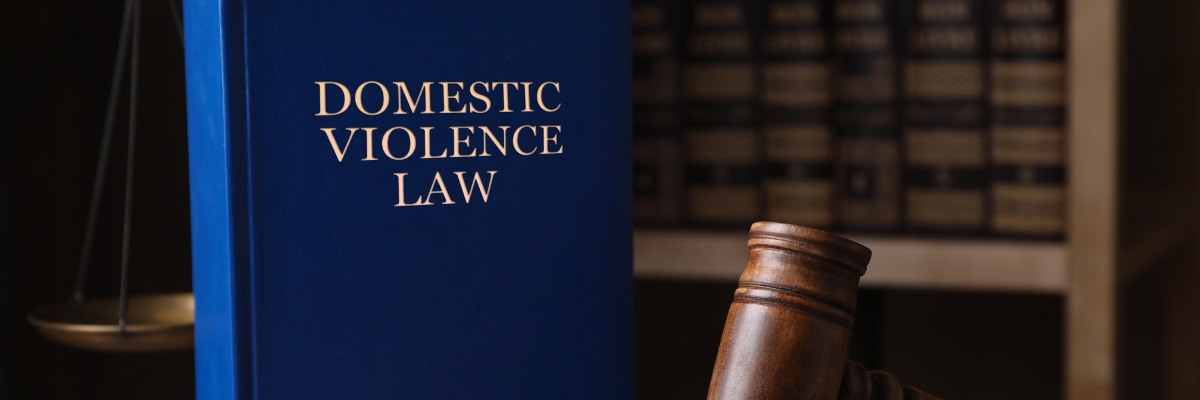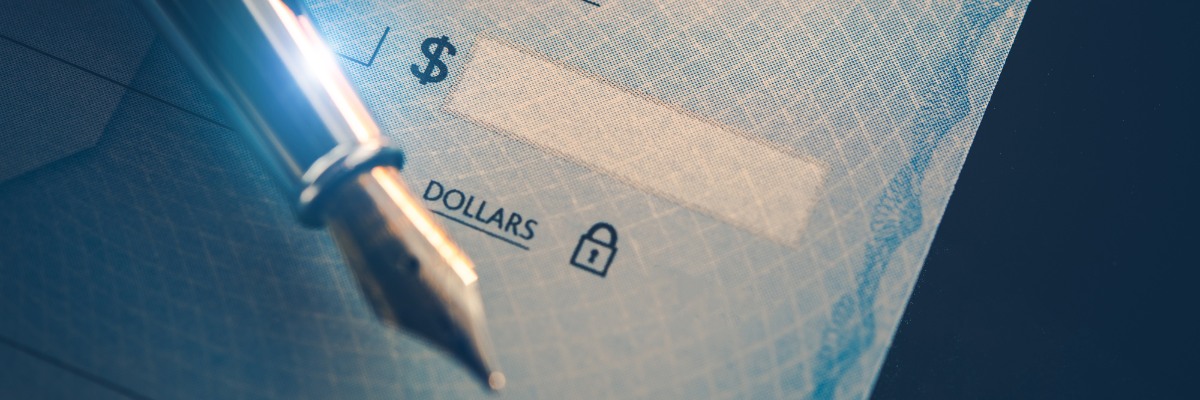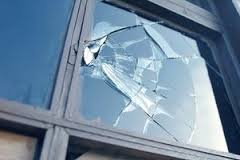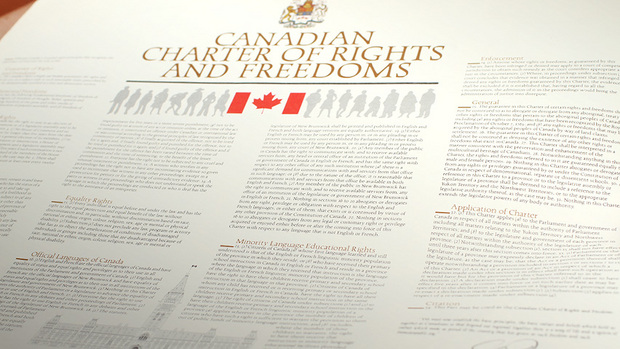 Making False Allegations
Making False Allegations
It is safe to say that the majority of criminal offences reported to the police are legitimate complaints. However, there are some circumstances where individuals will lie to the police by making up false allegations. There are many reasons why a person would false accuse another individual of committing a criminal offence. The following are just a few examples;
- To remove a spouse or partner from the home.
- To improve one’s position in divorce or custody proceedings.
- Revenge.
- Attempting to place blame on someone else for a crime the complainant committed.
I Have Been Falsely Accused, What Should I Do?
The first step you must take is to deal with the charges for which you have been falsely accused of committing. You can start by remembering what your rights are (see my article on Charter rights upon arrest). You have a right to remain silent and not to make a statement. Once you have been arrested and charged with a criminal offence, any attempt to explain to the police that you are innocent and have been falsely accused won’t help. Remember, once charges are laid, the police do not have the authority to withdraw those charges.
Anytime you have been charged with a criminal offence, whether you are falsely accused or not, you should give serious consideration to hiring a criminal defence lawyer. A competent criminal defence lawyer is going to have the knowledge and skills necessary to give you the best possible defence. Trust your lawyer to resolve your charges in most favourable way possible, whether that involves the charges being withdrawn or you being found not guilty at trial.
From the moment you have been arrested and charged, you need to be documenting and keeping records of any information that will be helpful to proving that you are not guilty and that you have been falsely accused. Any material should be provided to your lawyer as soon as possible. Documentation can include;
- Emails.
- Text messages.
- Voice mail messages.
- Letters.
- Pictures or videos.
- Financial documents.
- Receipts.
- Personal notes regarding your recollection of the events or any contact with the complainant.
Do You Have Proof That You Were Falsely Accused?
Once your criminal charges have been dealt with favourably, now you can start thinking about what you want to do about being falsely accused. However, even before you get that far, you need to know whether there is anything you can do. Remember, a criminal court never makes a finding that a person is innocent. The fact that the charges were withdrawn or that you were found not guilty does not mean that you have proven yourself innocent or that you were falsely accused. Either of these results only proves that the Crown Attorney did not prove its case beyond a reasonable doubt. You are going to need evidence that your accuser lied to the police, that he or she fabricated evidence, or that they gave false evidence in court. To do this you are going to have to rely on material such as statements made to the police, court certified transcripts of the evidence given at trial, and any records you kept and provided to your lawyer.
I Have Proof I Was Falsely Accused, Now What?
Now that you have proof you were falsely accused of a criminal offence, you need to decide if you would like to pursue having criminal charges laid against your accuser. Depending on the circumstances, there may be a number of charges that could be laid against your accuser;
- Perjury.
- Making a False Statement.
- Giving Contradictory Evidence.
- Fabricating Evidence.
- Obstructing Justice.
- Public Mischief.
Some of these offences can be complicated from a legal perspective. If you do wish to go to the police and file a complaint, it is strongly recommended that you have a lawyer assist you. It is essential that you and your lawyer are able to clearly demonstrate to the police how your accuser committed one or more of these offences. Do not expect the police to begin an investigation or lay any charges if you cannot clearly prove how your accuser committed any one of these offences.
Contact Me Today
If you have been charged with criminal offence, whether you have been falsely accused or not, contact me today and arranged a free consultation.
You can also read my article dealing with False Allegations of Domestic Assault.

